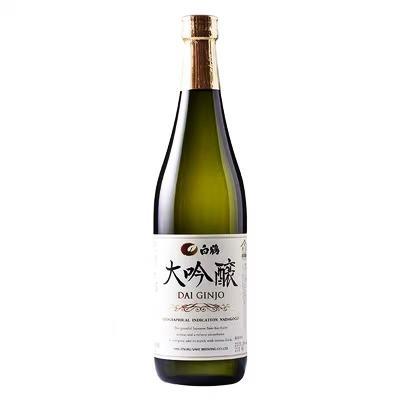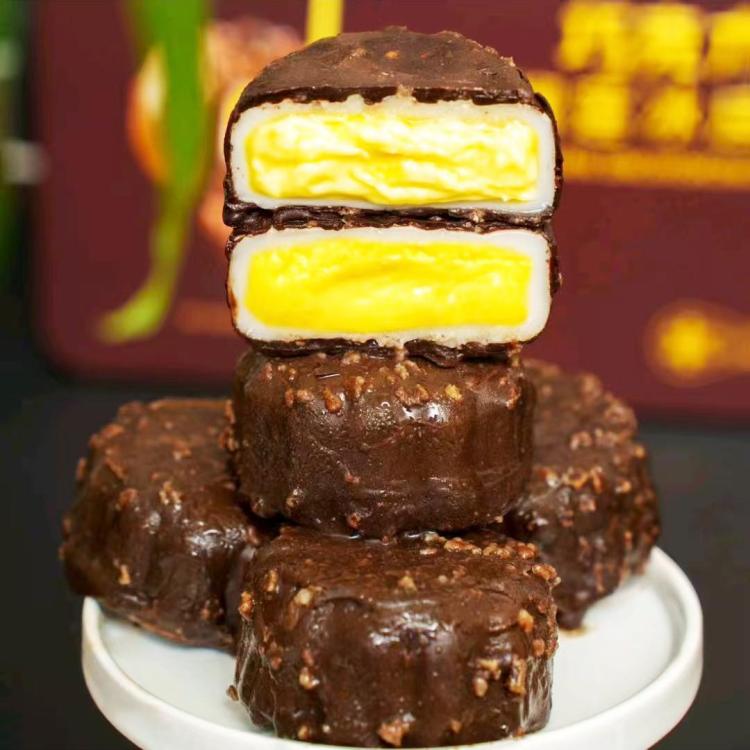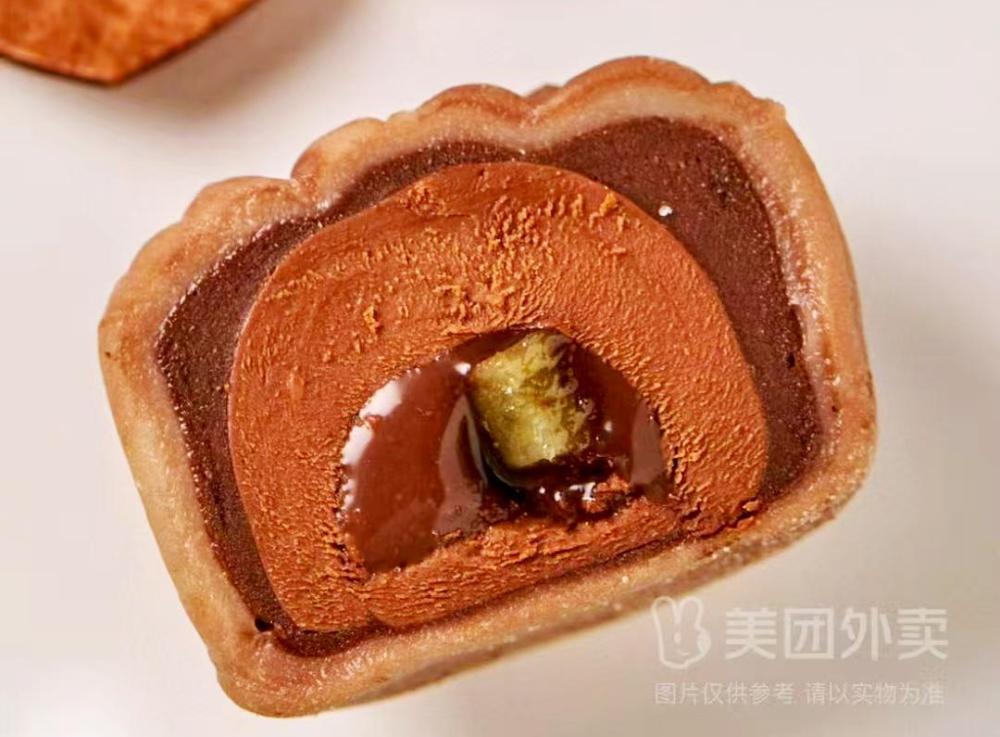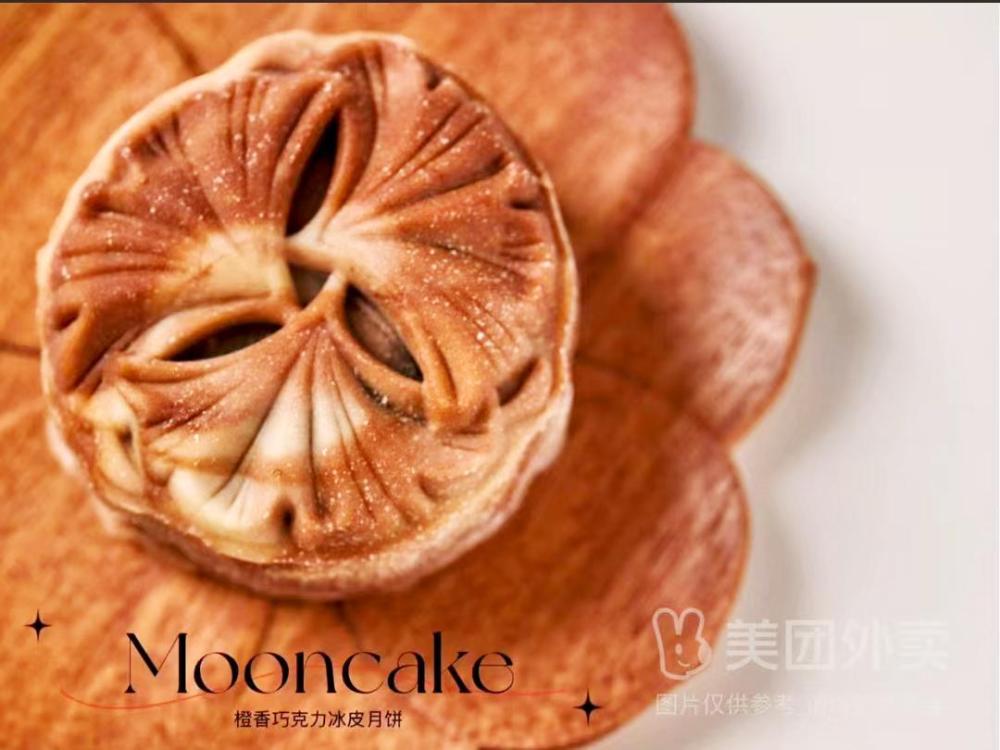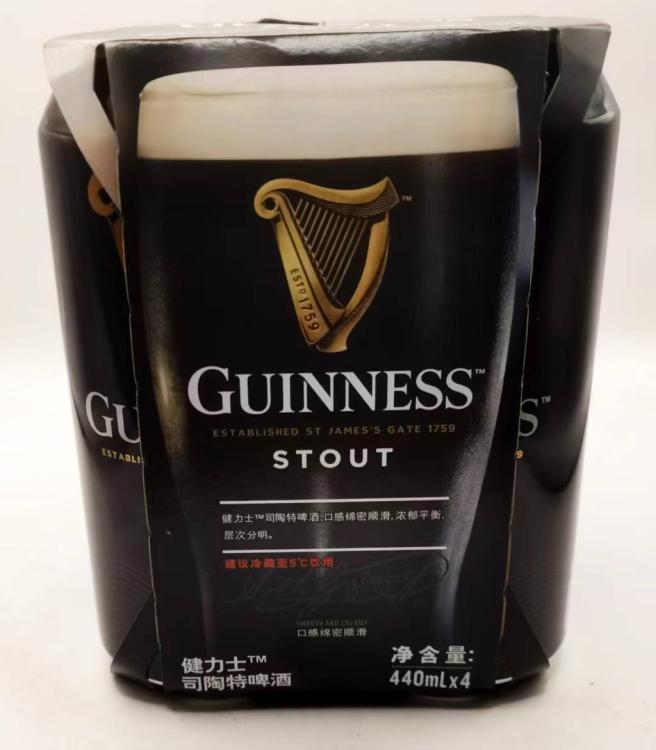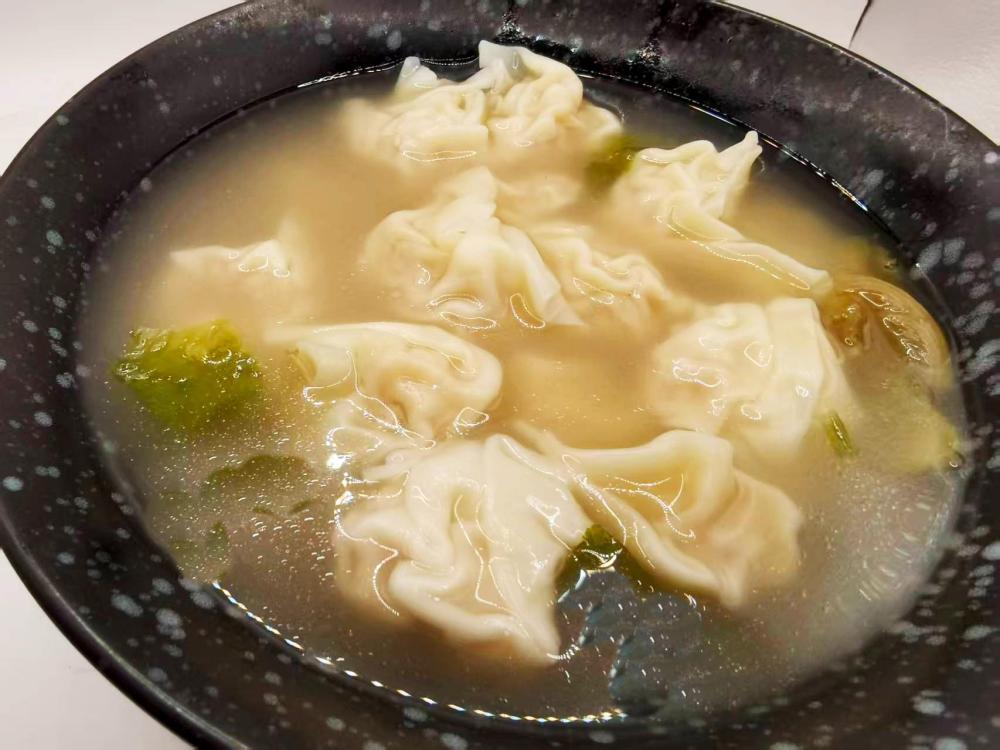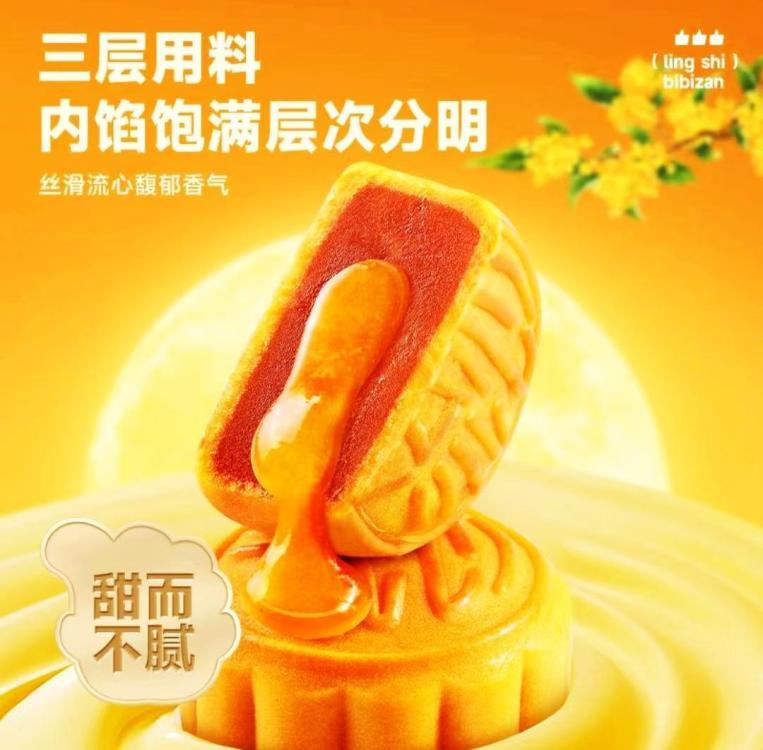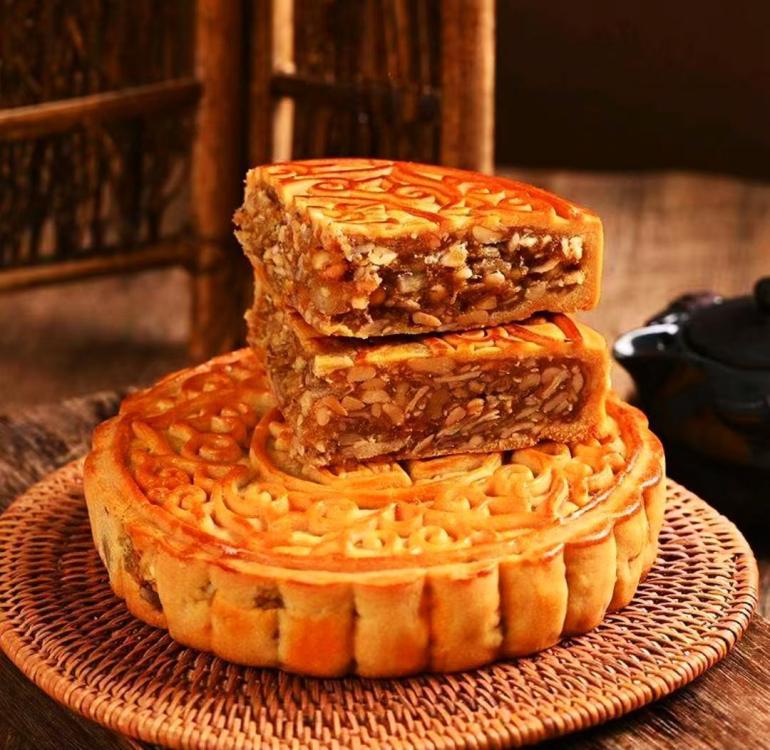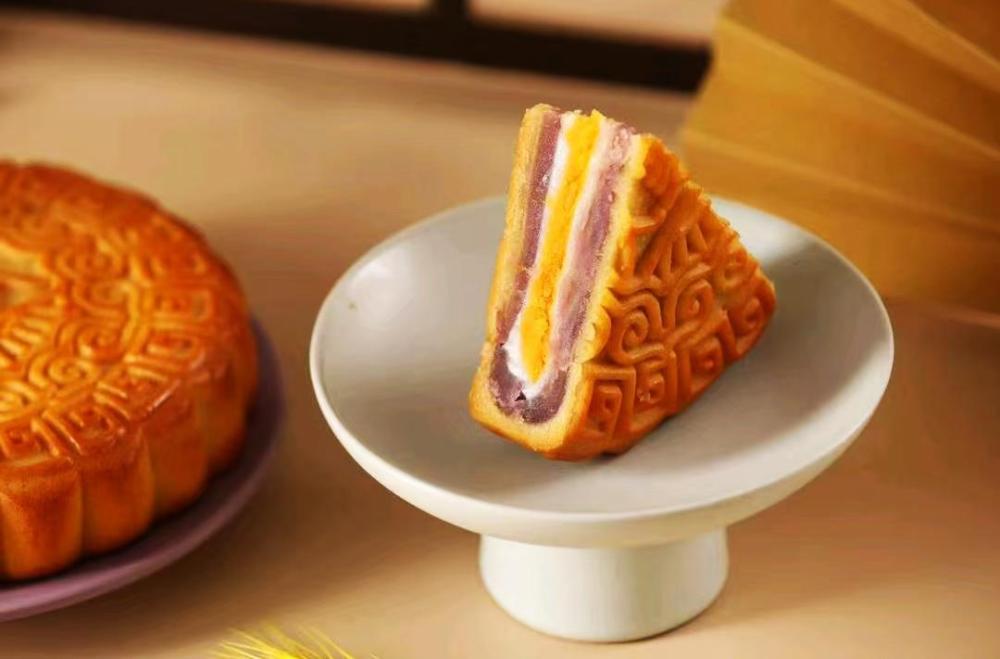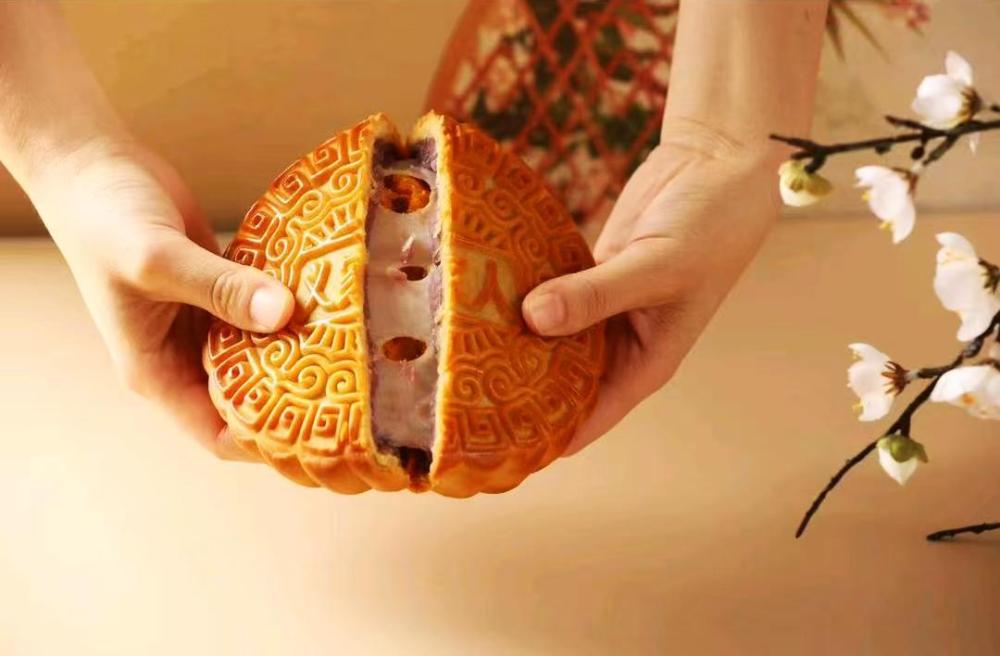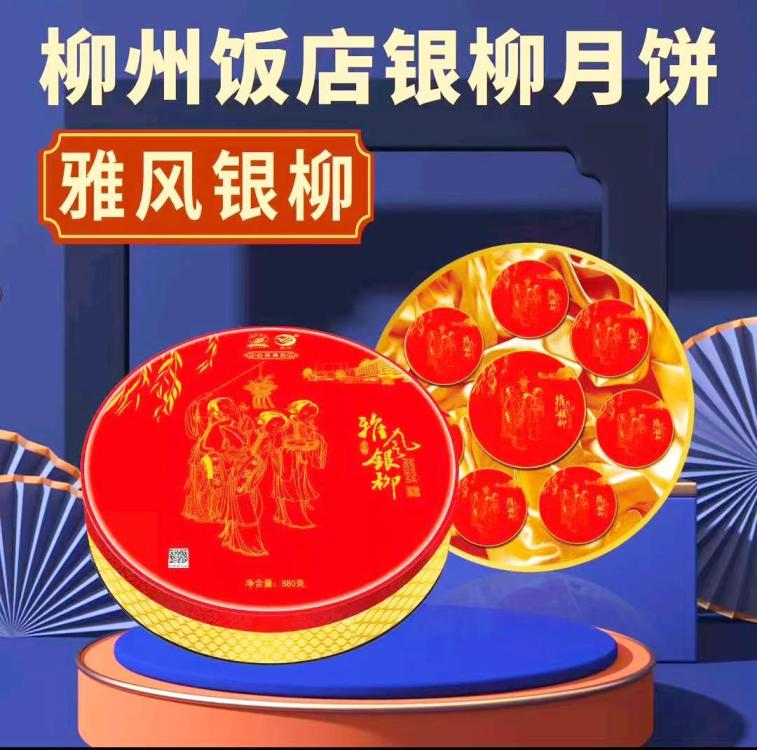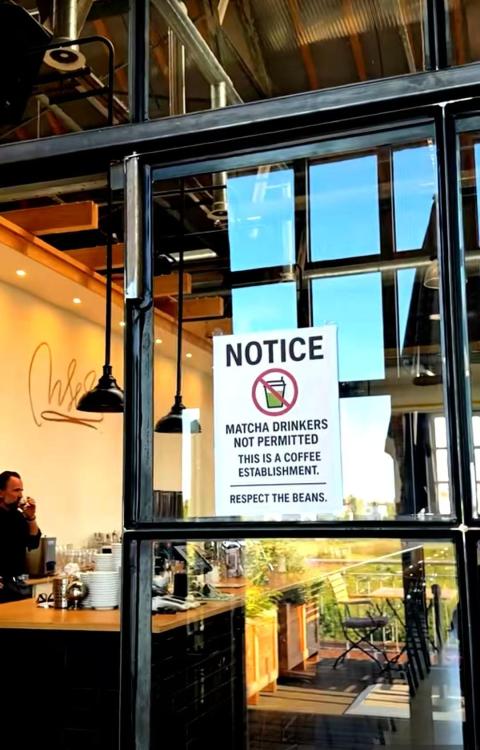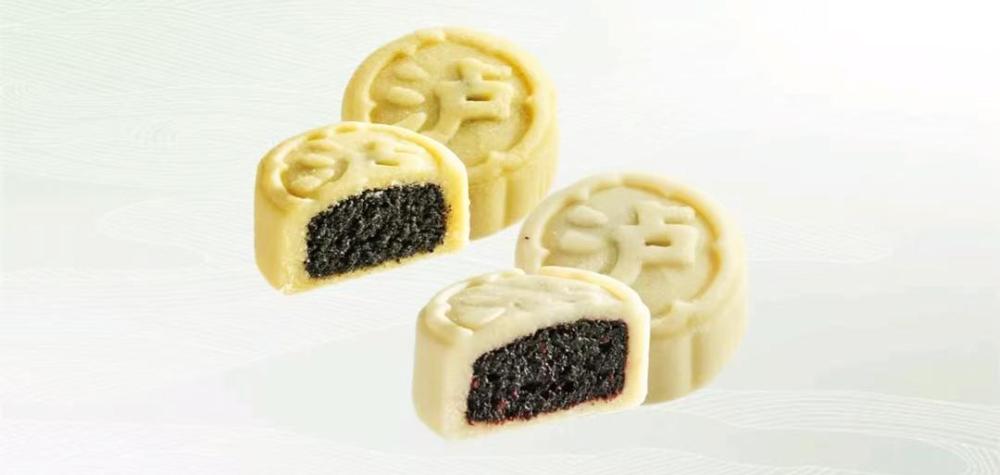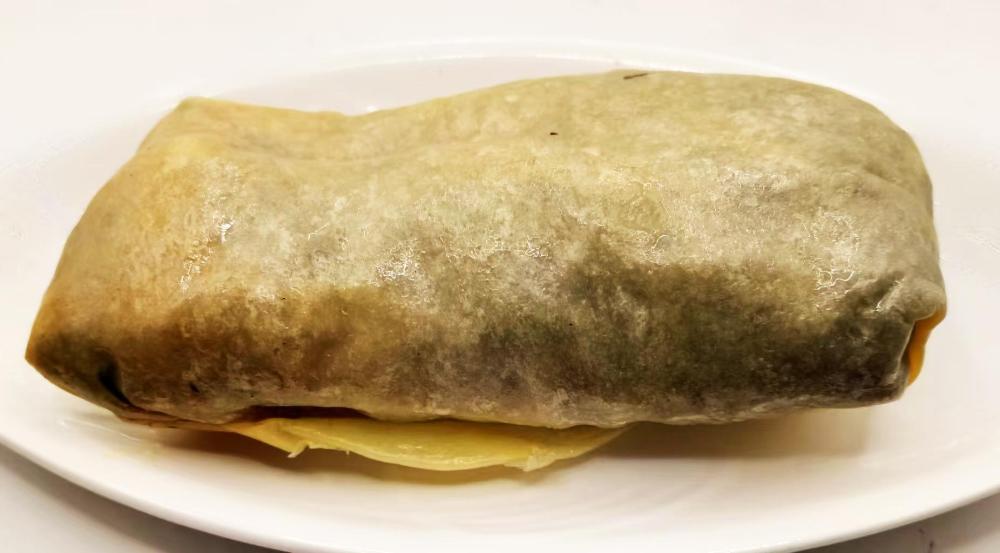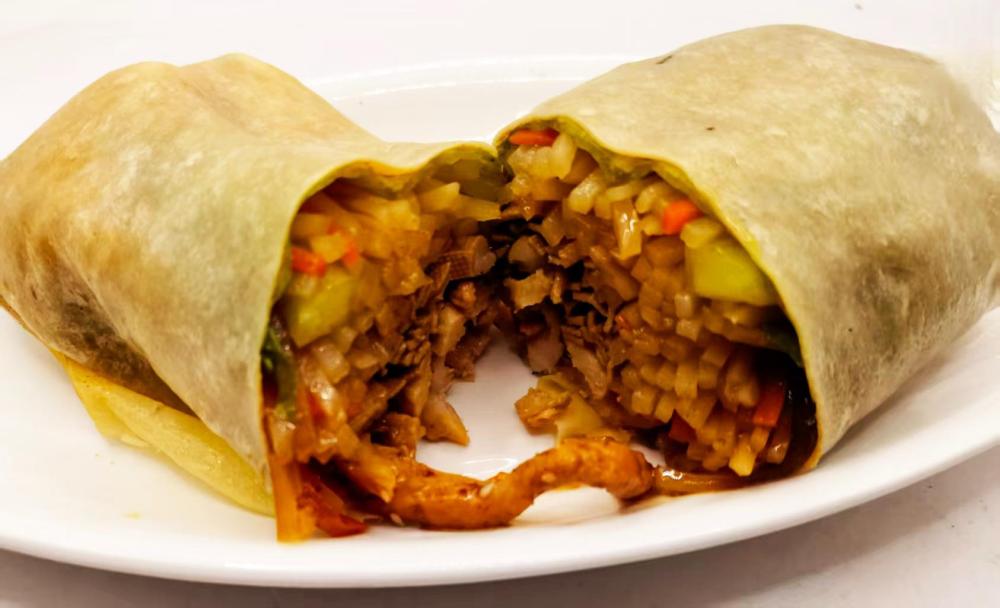-
Posts
16,789 -
Joined
-
Last visited
Content Type
Profiles
Forums
Store
Help Articles
Everything posted by liuzhou
-
I think I'm turning Japanese. White Crane Dai Ginjo. 大吟醸 (dai ginjo) is sort of the equivalent of premier cru in French wines;; in other words a cut above every day drinking.
-
@Shelby You live in a very different world than mine and one I'll never see directly but I always love your hunting and other posts.
-
That scrambled egg looks well overcooked.
-
Continuing the chocolate theme, we have 巧克力脆皮榴莲冰皮月饼 (qiǎo kè lì cuì pí liú lián bīng pí yuè bǐng), chocolate crispy durian snowy mooncake. It is basically the same durian cake I mentioned before but coated in chocolate with nuts. I’ll pass. Chinese chocolate is not generally good, at all.
-
As China starts its 8 day public holiday, the locals are engaging in their favourite holiday activity – shopping. So the stores are going all out to promote their mooncakes before next Monday, the Mid-autumn festival. Among the offerings are a follow up to my last post. Inevitable, I suppose. Following the Hong Kong style “custard lava mooncakes”, it was only a matter of time until someone came up with a chocolate lava mooncake. 橙香巧克力冰皮月饼 (chéng xiāng qiǎo kè lì bīng pí yuè bǐng), orange scented chocolate iced mooncake.
-
It is brewed in Zhangzhou, Fujian Province, China. Only six breweries in the world? More like 18.
-
-
奶黄流心月饼莲蓉传统港式蛋黄爆浆月 (nǎi huáng liú xīn yuè bǐng lián róng chuán tǒng gǎng shì dàn huáng bào jiāng yuè), Traditional Hong Kong style custard mooncake with lotus seed paste and egg yolk. These are also sometimes known as ‘lava mooncakes’ or similar.), Traditional Hong Kong style custard mooncake with lotus seed paste and egg yolk. These are also sometimes known as ‘lava mooncakes’ or similar. Although HK in origin, the are becoming quite the fashion on the mainland.
-
Outside of China, maybe. Not here in China. As I said the non-round cakes in the Guardian's image are not mooncakes but have their own long established traditions independent of mooncakes. Square mooncakes are associated with Vietnam, not Cantonese areas of China. Where I live is heavily influenced by Cantonese, both culturally and linguistically. A large proportion of the population speaks Cantonese. In fact, Guangdong and Guangxi were once the considered the same single region. All the mooncakes here are round. I don't at all understand your reference to plastic plungers.
-
This is just another 5-nut mooncake but, as you can see, a 'family size' type. It isn't however the largest I've ever seen. I've seen them 'more 'neighbourhood size'. About the size of a truck's wheel. The largest according to the Guinness record people is This pales in comparison.
-
Yes. Common on Chinese airlines.
-
Here, no matter what the package says, most people eat one pot each. I've never seen them being shared. You don't really 'cook' them, but rather, reconstitute them. The various packs inside containing sauce and powders and dried vegetables etc are poured on top of the noodles, boiling water added and the pot recovered. Back in the day, I would light a cigarette and leisurely smoke it. When the ciggie was done, the noodles were ready to eat. I quit smoking on May 20th, 2003 and have rarely made pot noodles since. Railway stations and even trains still have free boiling water here for the purpose.
-
Those two are the most traditional types, so I'm unsurprised that's what they are stocking. White lotus paste tastes of nothing much at all, but is sweet.
-
I saw that, too. Interesting However, I would point out that they're not all mooncakes in the image. Only he round ones are; the circular shape resembles the moon and is an important part of the symbolism. The pig shaped one in the centre is a 猪仔糕 (zhū zǎi gāo), Zhuzaigao, piglet cake. These are also traditionally eaten at the mid-autumn festival, but were originally made for children. They consisted of the same mooncake crust as the traditional Cantonese type of mooncake, but were not stuffed with the heavy contents. Instead they were solid crust., which was thought would be better for kids who wouldn't be able to stomach the heaviness of the regular mooncakes. Today, they are sometimes sold stuffed, but just as often, not. The fish shaped cake to the pig's tail end is not related to the mid-autumn festival, but is a 新年魚年糕 (xīn nián yú nián gāo), New Year Fish Shape Cake. They are one type of 年糕 (nián gāo), Nian gao or New Year Cake and are made from steamed glutinous (sticky) rice. These are traditionally served at Chinese New Year. It may be that someone has taken the Niangao shape and turned into a "mooncake" but the fish still remains symbolic of New Year in Chinese culture. I have no idea what the red rabbit-looking thing is.
-
No. It is purple sweet potato. a I understand it, ube is yam.
-
I said few days ago that that the trend in 2025 is for mixed nut mooncakes. Now I’m re-considering. It seems it may be being evasive about what kind of mooncakes you are actually selling! These are described as 奶酥皮紫薯雪媚娘 (nǎi sū pí zǐ shǔ xuě mèi niáng), which translate as ’creamy crusted purple potato and snowy bride’, whatever the hell that means. No further information available.
-
They still do here, at least. And yes nitrogen; not CO2. Did anyone else experience the cans that came with a syringe to inject the nitrogen? I think they were only sold in Ireland.
-
I feel the same. My favourite and historical market in town has been completely overtaken by post-covid 'tourists' intent on taking their next social media video and buying nothing. Fortunately, there are many other markets around town, one in particular I frequent. All of them sell great chickens.
-
I’ll happily admit I don’t know what the hell these are and I’ve no intention of finding out. Made in a dedicated mooncake building in the grounds of the Liuzhou Hotel, a historic 5-star* hotel next door to my last home, they are highly prized in Liuzhou and cost about 16 times more than your average mooncake. The first line reads 柳州饭店银柳月饼 (liǔ zhōu fàn diàn yín liǔ yuè bǐng), “Liuzhou Hotel silver willow mooncakes” 安定underneath 雅风银柳 (yǎ fēng yín liǔ), “Elegant silver willow”, which I read as a tribute to the city – the liu part of Liuzhou means “willow”. That’s all the information they give. Nothing in the way of description, ingredients of flavours. Just pay up and move along! *The government owns the hotel and the government awards the stars in China, so take that with a tablespoon of salt.
-
Century old? It is old but not that old.
-
I mentioned mulberry earlier. Here is a variation on that theme. These are described as 米月饼 (黑芝麻/桑葚) (mǐ yuè bǐng (hēi zhī ma / sāng shèn)) which is rice mooncakes (black sesame / mulberry). I think I’d prefer just the mulberry on its own. Not a fan of black sesame paste.
-
I am aware that this is possibly not the prettiest thing you’ve seen on a plate, but what it lacks in artistic presentation it makes up for in the performance. It is bleedin’ delicious. I don’t know what you’d call it but the locals call it 川香无骨鸡柳卷饼 (chuān xiāng wú gǔ jī liǔ juǎn bǐng), meaning Sichuan flavour boneless chicken roll. I call it a wrap. Chicken (I ordered extra) and various vegetables and tofu strips in a spicy Sichuan sauce. Very filling, lazy meal.



